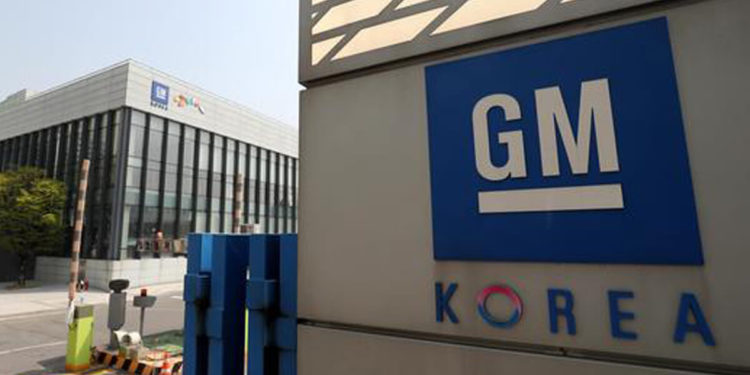GM Korea Co., South Korea’s subsidiary of General Motors Company, announced they would cut down automobile production. Starting next week, GM Korea would reduce their production capacity at one of their three plants to 50 percent.
“Semiconductor supply for the global auto industry remains very fluid,” said GM in a statement. “Our supply chain organization is working closely with our supply base to find solutions for our suppliers’ semiconductor requirements and to mitigate impacts on GM and GM Korea. Despite our mitigation efforts, the semiconductor shortage will impact GM production in 2021.”
GM Korea is South Korea’s third-largest automobile manufacturer. In 2020, GM Korea sold over 360,000 vehicles. With a combined annual production capacity of 630,000 units, GM operates three plants in Korea. Due to a shortage in semiconductor chip supplies, the company would be administering a capacity cut. Presently, GM has two automobile manufacturing plants operating in Bupyeong and another one in Changwon. Although GM would conduct weekly monitors, the automaker did not disclose how long the production capacity cut down would last.
Overall Impact
“We are currently assessing the overall impact, but our focus is to keep producing our most in-demand products—including full-size trucks and SUVs and Corvettes—for our customers,” continued GM. “In addition, we will take downtime at our Bupyeong 2 assembly plant in Korea and operate at half capacity beginning the week of Feb. 8. Our intent is to make up as much production lost at these plants as possible.” Last year, the GM Korea Bupyeong 2 manufactured and shipped out over 100,00 units of Malibu sedans and Trax SUVs. In response to the shortage, the Bupyeong 2 plant would only be producing a monthly average output of 5,000 units. Aside from the Bupyeong 2, GM would also temporarily halt production in three plants in the US, Canada, and Mexico.
Semiconductor chip shortage
Along with its 2020 earnings report, the company would also provide further announcements and details on February 10. “Importantly, this issue will not impact our commitment to an all-electric future,” concluded GM.
According to AutoForecast Solutions, the recent semiconductor shortage created a global production loss of 564,000 vehicles. Other automobile manufacturers including Ford Motor, Toyota, Nissan, and Volkswagen reduced their production capacity because of the chip shortage. Samsung Electronics also announced that the shortage is affecting their smartphone production rates.







